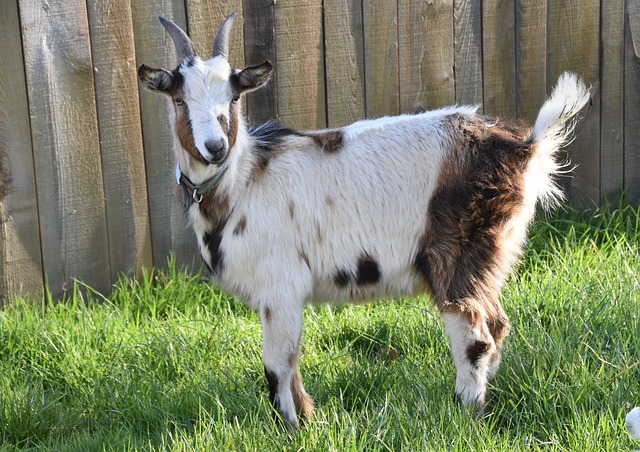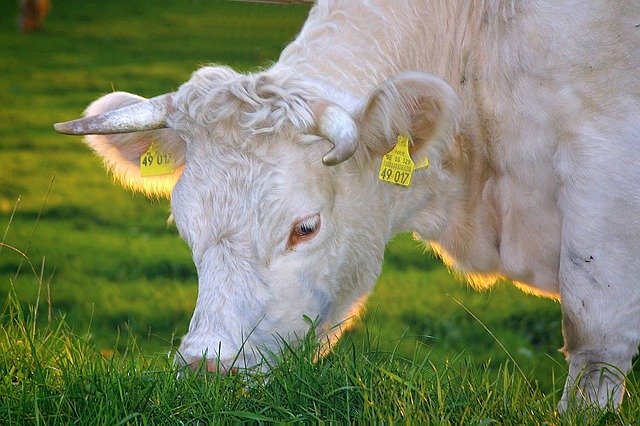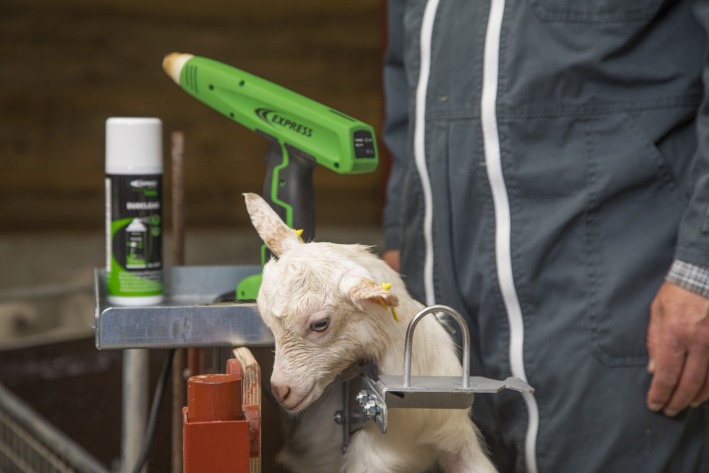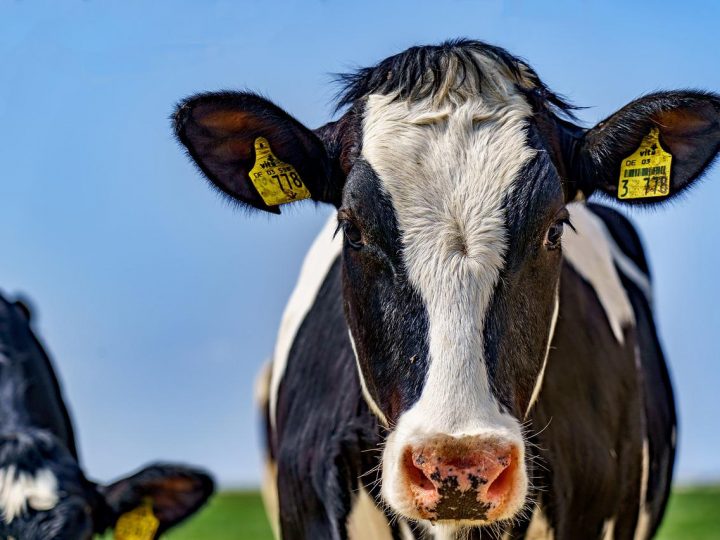
Animal production agriculture refers to the raising of all types of animals: cattle, sheep, goats, pigs and poultry. Several conditions must be met in order to become a breeder, both in terms of legislation and in terms of knowing the business and finding the financing. You need to be aware of the rules of feeding and breeding, as well as ensuring the profitability of your project. Here are the steps to follow to launch an animal breeding business.
The diplomas and certifications required to start operating a breeding business
Many schools offer training to become a breeder. These are theoretical programs that offer a work-study program very quickly, in order to discover the field. The student then alternates his time between the farm where he is staying and his school.
When you decide to start your own farm, you must meet one of the following two conditions to be eligible for farmers’ installation assistance:
- hold at least a level 5 agricultural diploma: Brevet d’Étude Professionnel Agricole (BEPA) or Brevet Professionnel Agricole (BPA) ;
- At least three years’ experience as a farm worker on a farm.
It is important to have knowledge of the legislation and specific obligations of the sector.
We live in a very standardized country. If your diploma is a few years old, you must keep up to date with changes in legislation and specific requirements for breeders.
You need training in a variety of subjects:
- Sanitary Regulations feeding, marking, veterinary care, dehorning, etc. ;
- specific regulations for each species: cattle, goats, pigs, sheep and poultry;
- legislation on the sale of live animals, as well as on slaughter;
- standards for dairy production, etc.
Given the massive volume of standards, you absolutely need to precisely identify the purpose of your breeding: production of meat, milk, wool, eggs, etc. This allows you to concentrate only on the legislation that concerns you.
The declaration of the breeder activity
Every breeder must first register at the Centre de Formalités des Entreprises (CFE) of the Chamber of Agriculture of his department.
This registration allows you to fill out the other mandatory forms:
- affiliation to the MSA (Mutuelle Sociale Agricole) which concerns all agricultural activities;
- obtaining SIREN and SIRET numbers from INSEE;
- registration with the tax authorities for the VAT and tax regime.
Mandatory and optional insurance
Depending on the activity you are planning, some insurance is mandatory. They concern the breeding, but also the transport of animals. You should also make sure if you plan to offer direct sales, either at markets or on your farm.
Comprehensive business insurance is also highly recommended, as the potential damages can represent significant sums.
In all cases, you should seek advice from several insurers and ask them for a costed quote. Don’t hesitate to compare several proposals and always check the details that are hidden in the clauses. A cheap insurance policy often has many exceptions, and when you have a loss, the reimbursement is rarely what you expected.
The investments to create a farm
A cheap insurance policy often has many exceptions, and when you have a loss, the reimbursement is rarely what you expected. On the other hand, the investment amounts are very disparate, depending on the animal (or animals) and the activity you choose.
Please plan ahead:
- infrastructure: livestock building, feeders, troughs, fences, etc. ;
- the purchase of the initial livestock ;
- consumables: food and veterinary products;
- agricultural tools and machinery.





